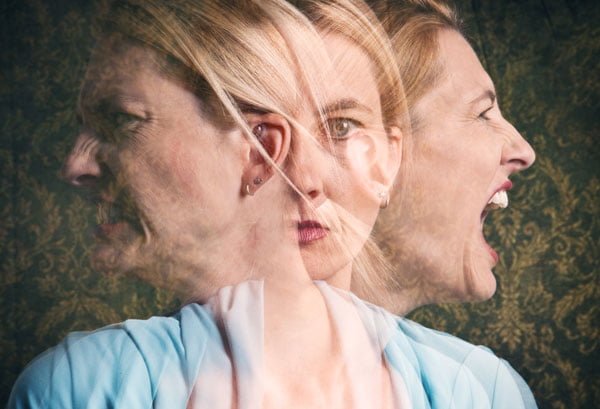unhealthy relationships
Women who experience childhood trauma often find themselves in relationships with those who may be emotionally unavailable or abusive, which often leads to a whole new cycle of trauma.
Many of these women are aware of their past and know what they need and want, yet, they choose unhealthy options due to unconscious influences from their childhood. Often, traumatic feelings are familiar, and many will choose abusive relationships, regardless if they are aware they are not making the choices they should be making.
childhood amnesia
Many women who suffered a traumatic childhood can’t remember large portions of those years. This is known as “blocking,” a defense mechanism for avoiding painful feelings or memories.
Vivid memories or events without any context may feel as though your childhood was stolen, which can lead to problems with self-identity and low self-esteem in adulthood.
relationship avoidance
Women who experienced childhood trauma over time may lack social skills and the desire for close relationships as an adult. They may feel unworthy or too damaged to develop or sustain meaningful relationships.
This is different from being introverted as introverts refuel their energy stores when alone but still seek social interaction and intimate relationships.
chronic illness
Trauma doesn’t just affect the brain. It can make its way into your body and physically present itself later in the form of obesity, autoimmune disorders, inflammation, digestive disorders, heart disease, and even cancer.


